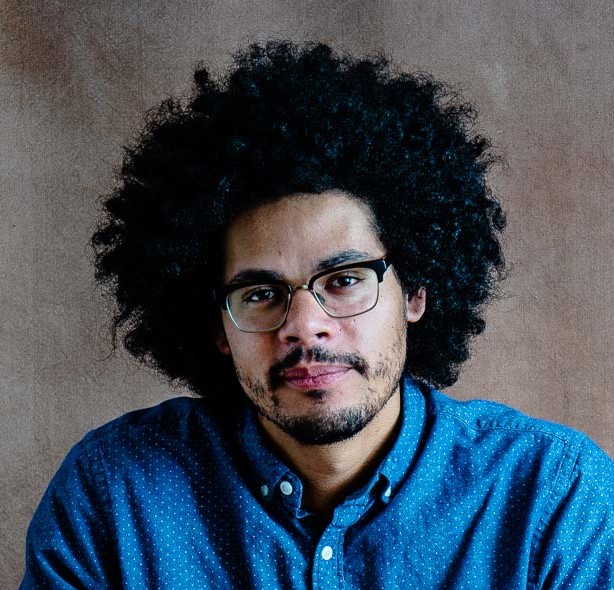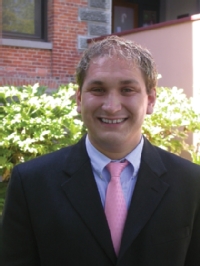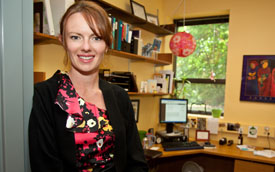Page 67 • (1,993 results in 0.052 seconds)
-
253.535.7415 www.plu.edu/career career@plu.edu Academic Internship/Cooperative Education courses are unique opportunities for “hands-on” job experience with directed academic learning. Students gain an appreciation of the relationship between theory and application, and learn firsthand about new developments in a particular field. An academic internship/cooperative education experience enables students to gain skills and competencies, apply academic learning to the workplace, and receive
-

in bowls available will increase the number purchased and raise more money for those in need. “It’s about the connection of the artist to user,” ceramics student Sarah Henderson said. “I am connected to whoever uses my bowl and vice versa. I’m thinking about the relationship throughout the whole creative process; to have someone pick one of my bowls out of the group. That’s the best feeling.” PLU’s Dining & Culinary Services will be serving up Zupa Ogorkowa, a Polish dill pickle and potato soup
-
. Interaction in Academic Environment University life has its own cultural norms related to status and hierarchy. Frequently, the style of interaction can become quite informal between professor and student. It is not uncommon for a professor to prefer being addressed by his/her first name and to join students for meals or other socializing. However, even when there is a familiar and collaborative relationship, it is important to remember that faculty members are authority figures with higher status than
-

prosody that is grounded in the synergetic relationship between reading and creativity. But the art of writing (like thinking) is an ongoing and lived engagement with how our voices and our hands shape and get shaped by the world. That engagement should evolve and thrive beyond the particulars of any single learning context. As such, I think of workshop as an interim where we cultivate habits of mind and sensitivities to craft that a writer can adapt according to their everyday grind and develop
-

June 29, 2010 Ensuring access to essential PLU programs By Steve Hansen Tim Vialpando ’02 has had an active relationship with PLU, both as a student and as a graduate. As a student, he served as ASPLU president and participated in the study group that developed the Wild Hope project. Upon graduation, he worked as an admission counselor at PLU before returning to his native Colorado, where he now teaches high school. He also sits on the Alumni Board, and helps organize PLU events when they come
-

able to offer more targeted relations [with the business community],” Hughes said. “It is relationship building – something that will really benefit PLU.” Located in Ramstad Commons, Hughes will work closely with Pat Roundy, dean for student academic success, and director of Academic Advising. You can reach her at 253-535-8268, or hughesbr@plu.edu. Read Previous PLU prof awarded prize from Yale University Read Next Wild Hope Project finds a permanent home COMMENTS*Note: All comments are moderated
-
Corrective Action Revised September 2006 Staff employees are employed at will. That means that their employment exists and continues at the will of the organization and that the university need not provide notice, prior warning or show cause for termination of employment. By the same token, staff employees may terminate their employment at any time without the need to show cause. Even though the employment relationship is at will and the university need not show cause for termination, PLU
-
problem statement, hypothesis or project goal. Logical methodology. Easy to understand. Easy to understand display of raw data and data analysis. Statistical analysis must be valid. For engineering projects, often a second improved prototype but not absolutely required. Very clear discussion of data analysis/results related to the real world problem or issue. Conclusion tied directly to the problem statement or hypothesis. Developed something new or discovered a new relationship in science. Other
-
that many people enjoy and take comfort in a relationship with an animal, CHWS is not able to provide assessments nor provide documentation to establish the need for ESAs.Contact the PLU Residential Life Office regarding Emotional Support Animals on campus and in residence halls (see the “Animals on Campus” Policy, listed on their Life on Campus webpage). Diagnosis of a disability resulting in support of an Emotional Support Animal is a complex process that requires several sessions in order to
-
Appointments with Administration, Faculty, and Staff Change of Name, Address, or Telephone Number Electronic Resources Email Learning Management System BannerWeb Mail Folders Changes to Student Policies
Do you have any feedback for us? If so, feel free to use our Feedback Form.


